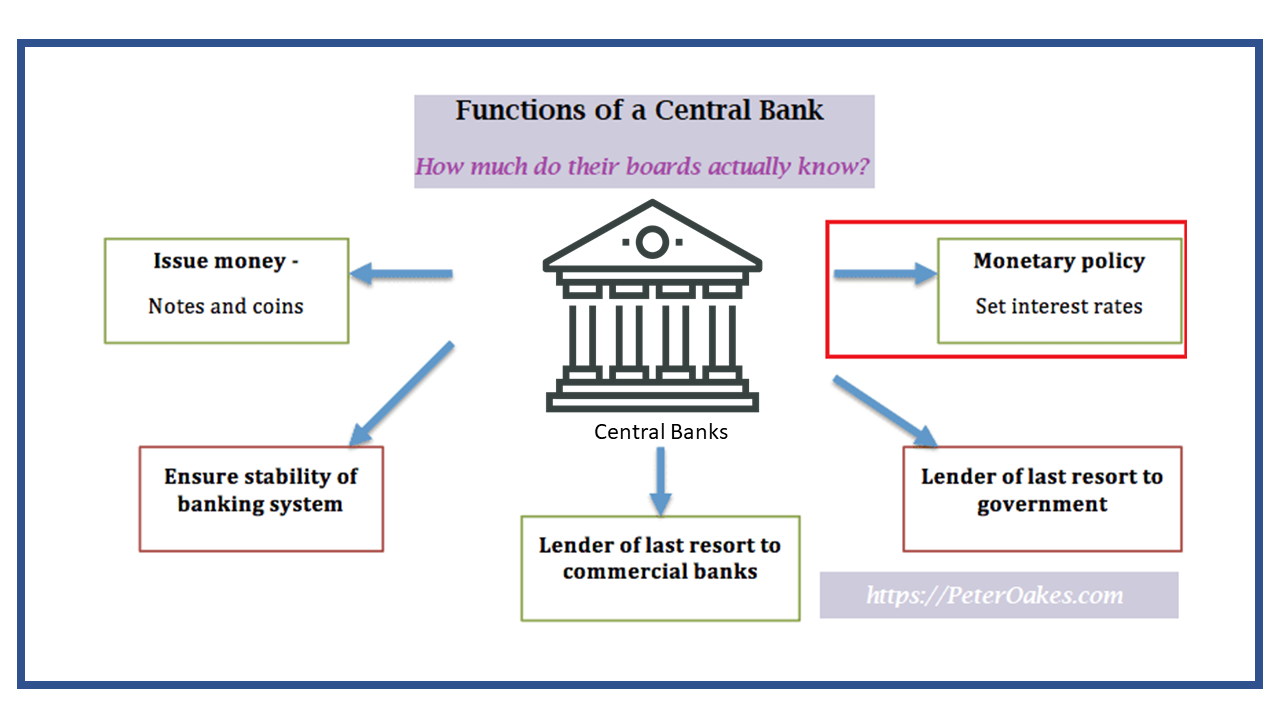AuthorPeter Oakes is an experienced anti-financial crime, fintech and board director professional. Archives
February 2025
Categories
All
|
Back to Blog
Download Report - The Use of Supervisory and Regulatory Technology by Authorities and Regulated Institutions Market developments and financial stability implications One for all the #regtech and #suptech ambassadors / champions in the network (and you may have spotted it) - Use of Supervisory and Regulatory Technology by Authorities and Regulated Institutions covering:
As you will see in the images below and in the report, less than 50% of supervisory authorities responding to the FSB survey had a Chief Data Officer or equivalent. Areas where new RegTech tools and uses for data have been developed post 2016 are:
Whereas pre-2016, the supervisory authorities were focused on:
Future technology use by the regulator I thought the section 9.2 Future technology use by the was regulator interesting. The FSB reports that rapid changes to the financial landscape and evolving market structure could be accompanied by changes in supervisory surveillance techniques. [Oakes - Ok so that is relatively obvious] 85% + of survey respondents expect that the continued evolution of available technologies will result in changes to supervisory processes, with 68% expecting this to be a considerable change. However, authorities expressed concern that undue reliance on SupTech tools could lead to misplaced focus on areas where risks can be easily measured. [Oakes - so just because you can do something doesn't mean you should do it]. This may deflect attention from areas of concern that are not as easily given to quantifiable measurement [Oakes - so true]. Retaining a forward-looking human based supervisory process Thus while authorities may recognise the importance of integrating technology into their supervisory approaches, they could also acknowledge the importance of retaining a forward-looking human based supervisory process. The modern supervisory philosophy in most jurisdictions surveyed is based on predictive and human judgement-based oversight of regulated institutions. Technology offers the opportunity to automate routine tasks, develop new analytical techniques and provide better information. Using tools such as AI and ML to analyse increasing volumes of regulatory data provides opportunities for authorities to shift their focus to those aspects where humans excel over machines, e.g. judgement-based decision making. [Oakes- couldn't add anything further to that]. Cases Studies I also recommend a read of Annex 1 where the Case studies and examples are contained. There are case studies from 26 supervisory authorities:
Source: https://www.fsb.org/2020/10/the-use-of-supervisory-and-regulatory-technology-by-authorities-and-regulated-institutions-market-developments-and-financial-stability-implications/ https://www.fsb.org/2020/10/the-use-of-supervisory-and-regulatory-technology-by-authorities-and-regulated-institutions-market-developments-and-financial-stability-implications/
0 Comments
Read More
Back to Blog
Here's one for the #moneylaundering typology case studies for #MLROs as part of regulatory training requirements!
Relates to the collapse of major investigation into the Kinahan cartel and more than half a billion euros- particularly €500,000,000 stash of cars, properties & cash handed back to the accused by a Spanish judge after collapse of money laundering case. Continue reading at CompliReg by clicking here.
Back to Blog
"Decision makers seem hostile to a consideration of evidence or research". This post relates to the Reserve Bank of Australia board, which has been lashed by a former researcher for failing to understand monetary policy in an email made public. Many of the points raised could be levied at other central banks too. As central banks continue to claim immunity from scrutiny under a misguided cloak of a widely misunderstood principle of 'central bank independence', which applies to some but not each and every aspect of a central bank's remit, we should expect to see more criticism of them particularly:
On the 2nd last point, it is welcome reading that in the case of the Australian central bank the damning email was released by the bank following a freedom of information request. This is not something one could expect from many European central banks. The email also criticised the central bank for:
Here's a link to the Australia article on Reserve Bank Here's the link to Stefan Gerlach's (former Central Bank of Ireland deputy governor) post on his 'lonesome battle against the incantations' Both are worth a read. And when you do, think about any relevance to your central bank and although there is always two sides to every story, in the absence of comment by the Australian central bank, the reports of Dr Peter Tulip's comments make for compelling reading and thinking. This article is reference in my post on Linkedin. |
© Peter Oakes (all rights reserved)
There is no consent nor legitimate interest right available to data vendors (e.g Zoominfo.com) and others to use email addresses, phone numbers and address details to send unsolicited marketing communications. This notice prevents you from claiming a business-to-business avenue to send unsolicited communications to any contact details appearing on this website. The email address PETER AT PETEROAKES.COM is a personal email address and is also protected by GDPR rights.
Privacy Statement.
There is no consent nor legitimate interest right available to data vendors (e.g Zoominfo.com) and others to use email addresses, phone numbers and address details to send unsolicited marketing communications. This notice prevents you from claiming a business-to-business avenue to send unsolicited communications to any contact details appearing on this website. The email address PETER AT PETEROAKES.COM is a personal email address and is also protected by GDPR rights.
Privacy Statement.









